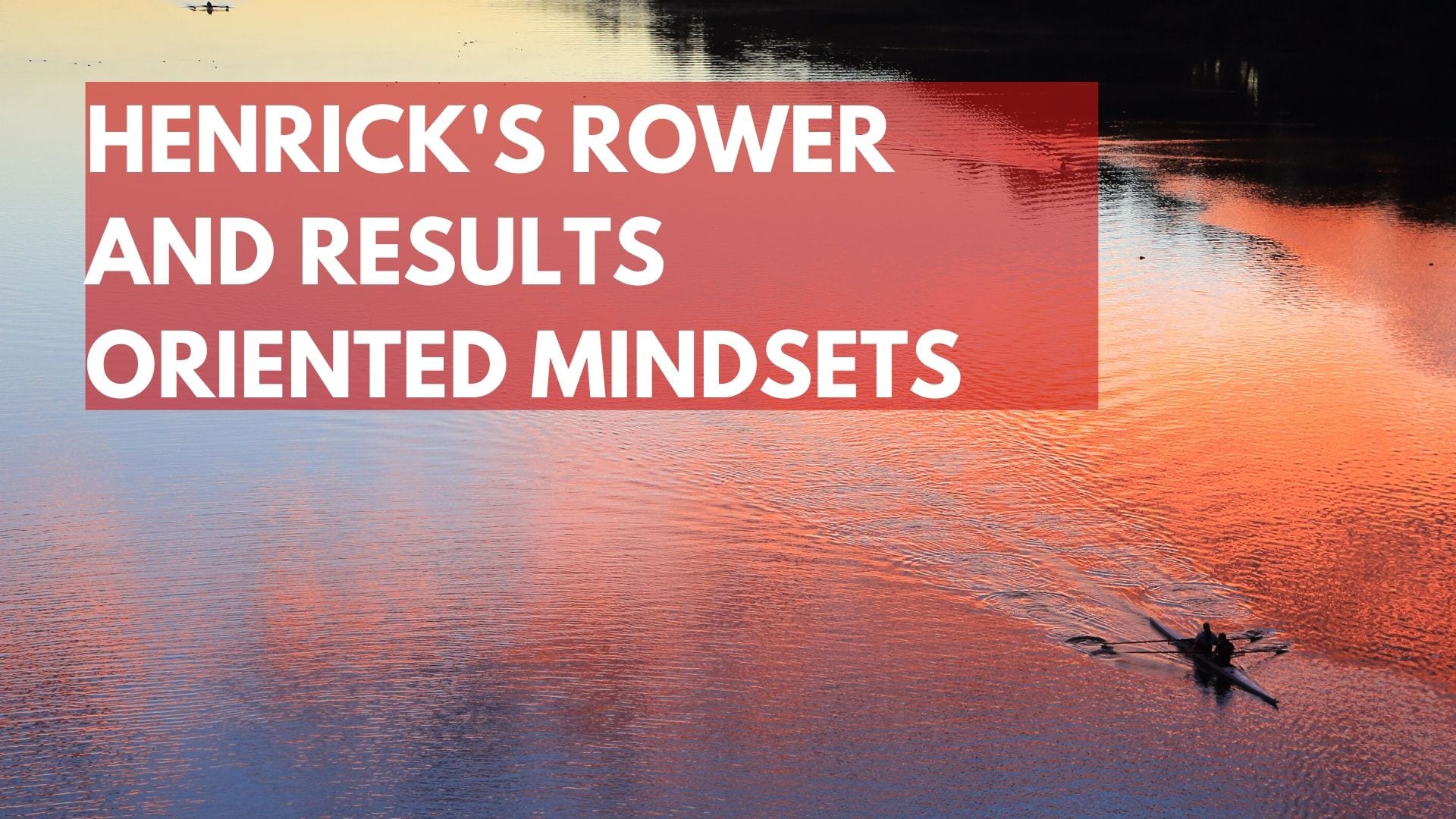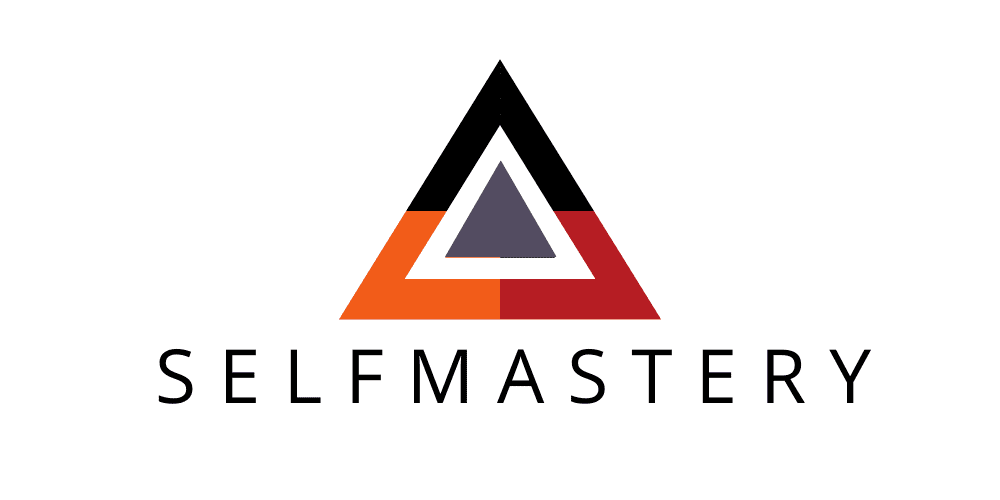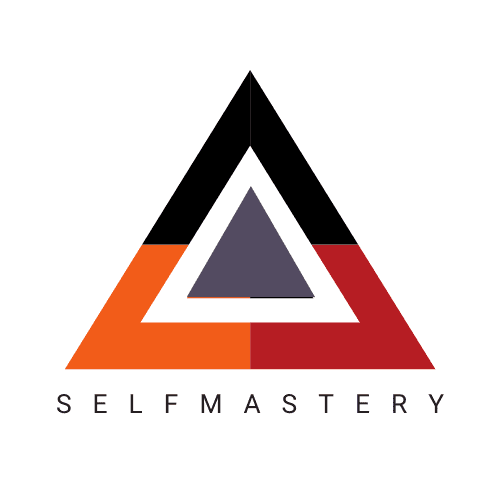
29 May Henrick’s Rower and Results Oriented Mindsets
The first time I explained to one of my male athletes that the Concept2 rower was made with a specific body type in mind it totally backfired. Henrick was complaining to me about the size of his arms, telling me it made doing pull ups harder. He was using this narrative to explain why he was not as good at pull ups as some of the other men in the gym. In that moment the light bulb inside my brain lit up so hard: this was an awesome coaching opportunity. We were headed to the rower where the next part of his workout was and I thought to myself: “somebody hold my beer, here I fucking go!”.
The concept2 is the rower you see in most gyms. The first models were designed in the late 70’s and early 80’s. They were made by two brothers Peter and Dick Dreissigacker. The design naturally reflects these brothers’ body measurements while also being an amazing piece of equipment that most people can use. I told all this to Henrick. I explained the ergonomics of the rower and threw all the nerdery that I love to throw. The point that I tried to make to Henrick was that, just like the rower, most of the equipment we see in gyms is made by men of “normal” proportions for men of “normal” proportions. I was not criticizing the designers choice or bias, I was trying to get him to see that in the gym environment, males between 5’9 and 6’1 tall who weigh between 160 and 190 lbs are set up for success. I wanted him to see that because he is in this group, complaining about his body proportions was basically just whining. But he didn’t hear my point, and instead Henrick went on to explain to me how rowing favored the taller athletes. 🙈
In that moment I realized Henrick was not ready to hear my message. He clearly wasn’t trying to take full ownership of his fitness. Instead he was measuring his own capacity in comparison to other people’s results. He felt bad at pull ups because he can’t yet do as many as other people can. His only possible explanation was that there was something wrong with him that was outside of his control, something he could not change. It was a super successful narrative. It victimized him and at the same time allowed him to keep doing was he was doing. There was nothing to change. If others are better it’s just because they were given something he was not–namely disproportionately short arms?
After this experience I started paying more attention to this way of thinking. I have found it’s very common among white men of “normal” proportions -men just like me. I have spent a lot of time thinking about this, and now I want to share my reflections with you because I think it might be very useful. So join me for a few paragraphs in dissecting white male privilege in the context of fitness and training. Hold on tight, it will be wild ride.
The first thing I noticed is that just like Henrick, most of us men in this category are results-oriented in that narrow way I described in my previous blog post. What’s more, this constitutes the foundation of our way of thinking. We believe it is our scientific and rational brain that drives us into really valuing the hard and cold data that results (numbers) give us. It is a mix of naivete and denial. We have grown up in a system that plays in our favor, so mostly all we have to do is to show up and do our homework and then we win. In this context it makes sense to be results-oriented, to believe that results and outcomes are the same. Collect as many gold stars as averagely-sized white dudes do, and you’ll figure that good grades lead to success too. It is harder to be results-oriented when you grow up getting all the good grades and only some of the rewards (think: women of color in the workplace). This context also explains why this results-oriented mindset becomes comparative, and competitive right away: it is the only way to differentiate yourself from others like you.
But this narrow results-oriented mindset is actually very unproductive when it comes to changing oneself. It is so outwardly directed that you cannot see the object that you are trying to change: yourself. I have identified three main negative consequences of this [see footnote]:
- If all you focus is on results you stop learning. When you are learning a new skill, especially as you get older, progress is really slow. You have to accept being a beginner for a while. This means you need to embrace not knowing shit and not knowing what you don’t know. My white men of normal proportions are usually very impatient learners: if they don’t get a skill right away, if they don’t get the result, the gold star, they get frustrated and immediately think there is something wrong. Their arms are too long, their heart is bad, or some other genetic flaw. And so they stop trying. They do what they are immediately good at or they don’t do anything at all.
- If all you focus is on results you deny your ownership. I see this all the time. My high achiever white male athlete is trying to work on consistency. If he cannot go to the gym as many times as he wanted or eat as many portions of veggies as I asked him, his first response is to blame the system. He would have gone to the gym but this week was crazy. But then again, isn’t it always? Or he did eat enough veggies, it is just that 5 servings is too much and is that really even necessary? This is a lack of ownership: it is a way of victimizing yourself and eschewing responsibility. You explain the result, but you don’t explain your involvement in that result.
- If all you focus is on results you fall for the checkmark trap. My white males of normal proportions tend to become master check markers. They will get their numbers no. matter. what. Let’s say I ask them to meditate each day and to make sure to track that. They will do everything they can to get a 100% score. They will meditate in the car, while listening to a podcast, and talking with their kids about their school day. Sure they get their mark, but did they actually do what we talked about? Were they striving in the spirit of the challenge? Not really, but what matters is the check mark, the result.
None of the above is unique to white males of normal proportions. Nor it is generalizable to all of us. Quite the opposite: what I invite you to do is to try to catch yourself when you are doing some of this. When you are pondering endlessly over results, switch immediately to observing your behaviors. If you change the way you act the rest will follow. Instead of being like a white man, be like my post-partum clients. They never have told me “I am rowing slower because I had three children”. On the other hand they are always telling me: “Juan what do I need to do to get my performance back to where it was–or even better than–before pregnancy?” They take full ownership, they compare their results to their previous self, and they embrace re-learning all the shit they already new.
Full Ownership!
j
Footnote: If you identify with any of this, that’s good, that’s the point. Do take into account that I am not talking about any of my clients in particular. My examples are not passive-aggressive criticisms. Henrick was real, although that is not his real name. His real name is Peter. No, not really. In any case he does not get this email.


